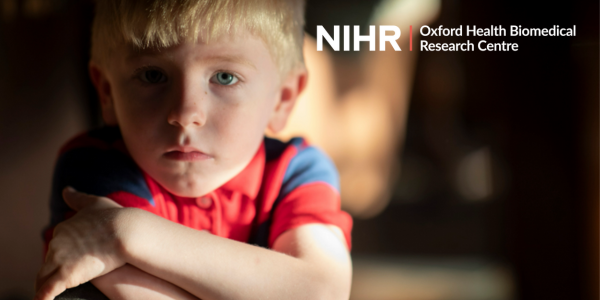
Research funded by the Oxford Health Biomedical Research Centre (OH BRC) has found that socioeconomic inequalities in children’s mental health are evident by age five and persist throughout childhood and adolescence.
The study, conducted by researchers in the OH BRC Mental Health in Development Theme, the University of Liverpool and the University of Glasgow, analysed how different types of mental health difficulties manifest across childhood and adolescence, and how patterns are shaped by early life socioeconomic disadvantage, for example, low household income.
The study, ‘Socioeconomic inequalities in mental health difficulties over childhood: a longitudinal sex-stratified analysis using the UK Millennium Cohort Study’ was published recently in Social Science & Medicine.
Researchers analysed data from more than 15,000 children born around the year 2000 and tracked through to age 17, using parent-reported measures. The team found that while different types of mental health difficulties vary by age and sex, the gap between more and less advantaged children remains stable across time.
Dr Yu Wei Chua, lead author, OH BRC Mental Health in Development Theme Researcher and Research Associate in the Health Inequalities and Policy Research Group at the University of Liverpool said:
“Our findings show that the mental health gap is already firmly in place by age five, regardless of whether we use income or maternal education to index socioeconomic disadvantage.”
Read more on the University of Liverpool’s website.
To learn more about the OH BRC Mental Health in Development contact: mhmdevelopment@psych.ox.ac.uk.

